When Faith Becomes a Target: The Relentless Attacks on Hezbut Tawheed in Bangladesh
In South Asia, religion is often more than faith — it is identity, politics, and power. But when that power is challenged by reformist voices, the backlash can be ferocious. One of the clearest examples of this dynamic is Hezbut Tawheed, a non-political Islamic movement in Bangladesh that has, for over three decades, campaigned against religious extremism and the exploitation of Islam for political ends. Their reward? Brutal persecution, misinformation campaigns, and repeated attempts to silence them — sometimes through fire and blood.
A Peaceful Reformist Voice in a Hostile Environment
Since its inception, Hezbut Tawheed has sought to revive the essence of Islam — one based on peace, justice, and rational understanding — while rejecting the culture of violence and hatred propagated by certain extremist groups. With over 200,000 events organized across the country, including rallies, seminars, and public discussions, the group has tried to shift public understanding away from blind dogma towards a more reasoned engagement with faith.
Despite maintaining strict adherence to constitutional rights and international human rights norms, their efforts have repeatedly met violent resistance. Their message — that Islam prohibits the exploitation of religion for power or profit — has earned them powerful enemies among fundamentalist elements who benefit from exactly that exploitation.
From Pulpits to Mobs: The Incitement Machine
What began as ideological opposition quickly morphed into a violent crusade against Hezbut Tawheed. Extremist clerics have issued open calls for murder and torture, inciting their followers with statements such as:
• “Skin them alive.”
• “Anyone who calls them Muslim is also a disbeliever.”
• “I place a bounty of 500,000 taka on their leader’s heads.”
These are not isolated voices, but widely followed preachers with access to pulpits and digital platforms. The impact of their rhetoric is tangible — and deadly.
Blood on the Streets
The first casualty of this campaign was Saifullah, a young member of the movement who was beaten to death in 2003 while distributing leaflets in Madaripur. That same year, Rabeya Khatun, a senior female activist, was murdered in Kushtia. Since then, the list of victims has grown — spanning nearly every region of Bangladesh.
The most savage incident occurred in 2016 in Sonaimuri, Noakhali. As Hezbut Tawheed members worked to construct a mosque at the home of their leader, false rumors were broadcast that the building was a church and that the group were Christians. A mob of hundreds stormed the site, murdered two members — Rubel and Khokon — mutilated their bodies, gouged out their eyes, and set them ablaze. It was an act of barbarism reminiscent of medieval brutality.
A Pattern of Impunity
Despite widespread media coverage and local eyewitnesses, very few perpetrators have been brought to justice. The violence has become a pattern, emboldened by state inaction.
One of the most shocking recent examples came on February 24, 2025, in Chhidamahat village, Pirgacha, Rangpur. There, an estimated 500-600 attackers, reportedly incited by Jamaat-e-Islami operatives, used mosque loudspeakers to claim that Hindus were attacking Muslims and that Hezbut Tawheed had insulted the Prophet (PBUH). What followed was a coordinated rampage — homes, shops, and livestock were looted and burned. At least 20 people were injured, seven critically, 40 families displaced, and losses totaled nearly 17.6 million BDT. Despite the presence of police and military forces, the response was disturbingly ineffective.
Other major incidents include:
• August 23, 2022 – Armed attackers stormed the Pabna district office, killing one and injuring ten.
• March 22, 2021 – A targeted attack on a member’s home and business in Brahmanbaria.
• 2013-2019 – Assaults across Feni, Kushtia, Rangpur, Habiganj, Sunamganj, and Dhaka.
Each incident paints a picture of rising impunity — and organized hate.
The Post-2024 Surge in Violence
In August 2024, following the collapse of the Awami League government amid mass protests, Bangladesh plunged into political turmoil. Extremist groups seized the opportunity to intensify their attacks. In Sonaimuri Upazila alone — home to Hezbut Tawheed’s leader Hossain Mohammad Salim — over 500 homes and businesses were attacked. Livestock was burned, and properties were looted in daylight. On August 9, an attempt was made to raid a farm and burn hay stacks. On August 20, the General Secretary’s home was locked from outside and set on fire, nearly killing the residents. Offices in multiple districts — from Sherpur to Sunamganj, Kushtia, and Gaibandha — were vandalized with impunity.
Why the Hatred?
At its core, the hostility toward Hezbut Tawheed stems from their refusal to toe the line of traditional clerical authority. The group challenges inherited dogma, refuses to align with political Islam, and exposes the hypocrisy of those who commodify faith. For clerics and political actors who profit from religious control, this is intolerable.
Their opposition is not theological; it is economic and political.
A Regional Concern
The persecution of Hezbut Tawheed is not just a Bangladeshi issue — it reflects a broader trend in South Asia, where reformist or rationalist Muslim voices are being silenced by extremist threats. Whether it's secular activists in Pakistan or liberal Muslim scholars in India, the chilling message is the same: challenge orthodoxy, and you will be punished.
This poses a serious question to democratic nations in the region: will we allow peaceful reformers to be destroyed by those who weaponize religion?
The Urgent Need for Justice
The rule of law must apply — even when the attackers claim divine sanction. The government of Bangladesh, along with international human rights organizations, must act decisively. There must be transparent investigations, fair trials, and visible consequences for those who incite and commit these atrocities.
Until that happens, the message to extremists remains clear: violence works. And that message will only deepen the crisis of extremism across the region.
Conclusion: Time to Choose Sides
Hezbut Tawheed’s story is not merely one of victimhood — it is a test case for the future of religious reform in South Asia. If we abandon peaceful reformers to the mobs, we surrender the possibility of progress within Islam. But if we stand with them — in law, in voice, and in action — we signal that justice, not intimidation, will shape our societies.
The question is simple but urgent: Will we side with reason and reform, or remain silent as another voice of peace is extinguished?
Images Related to this Post
Related Post


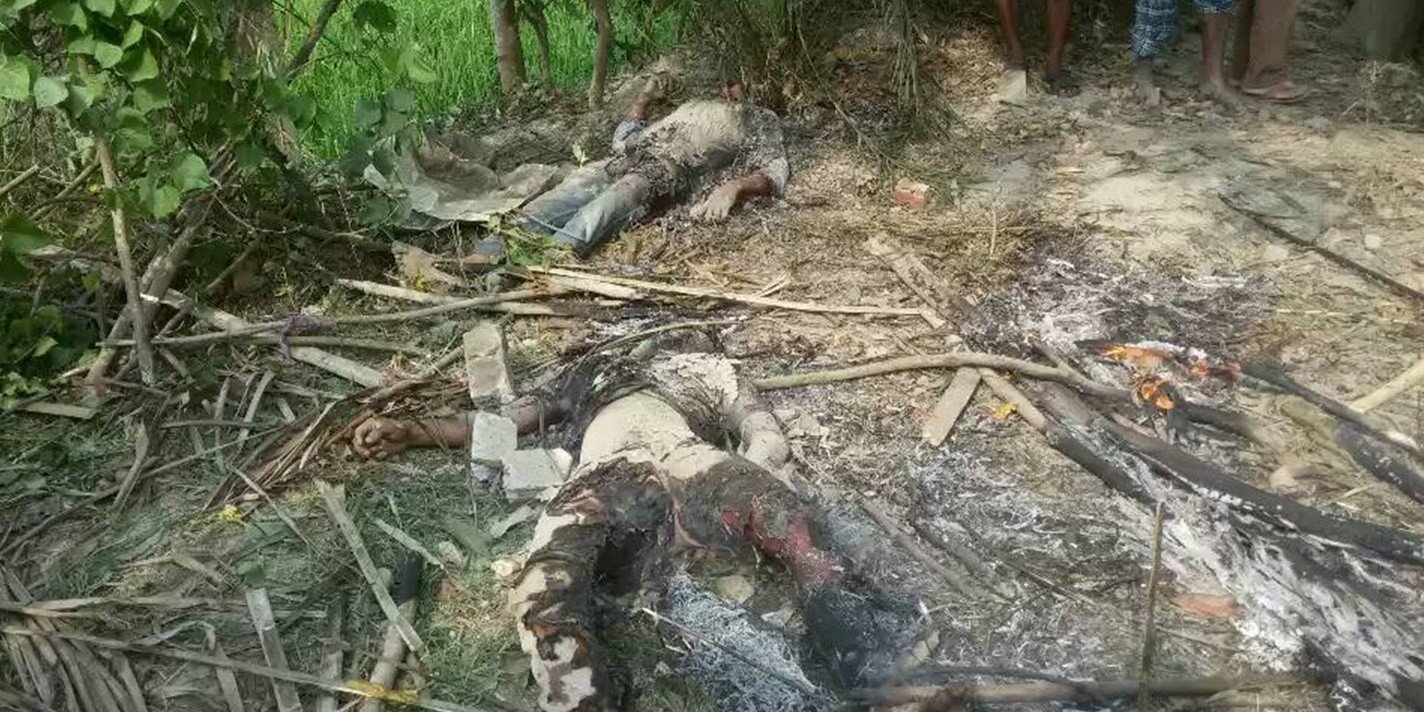
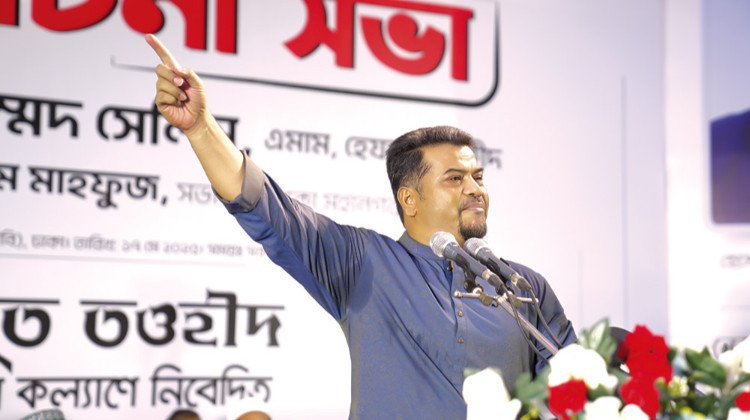







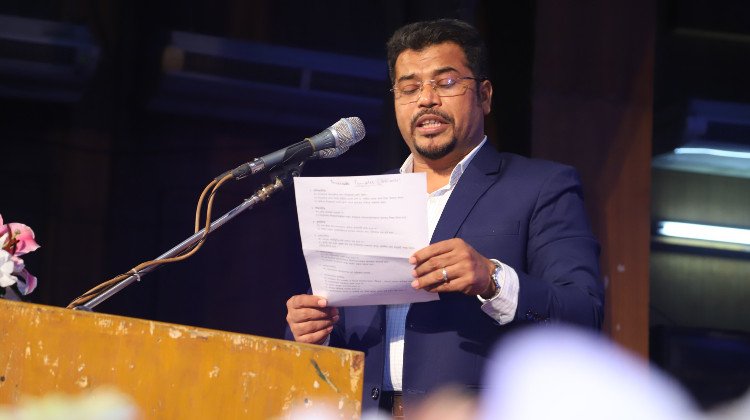


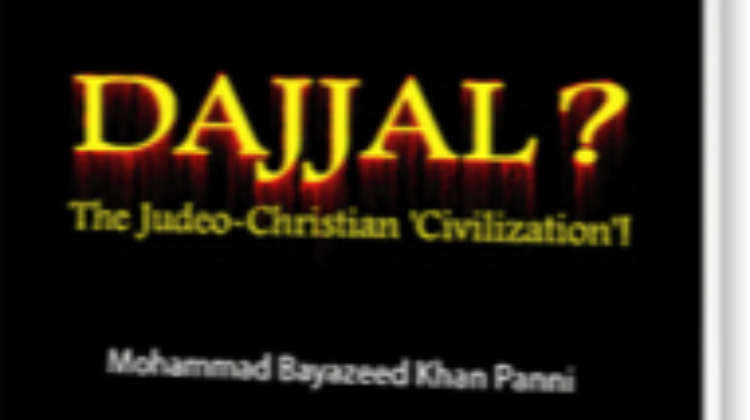

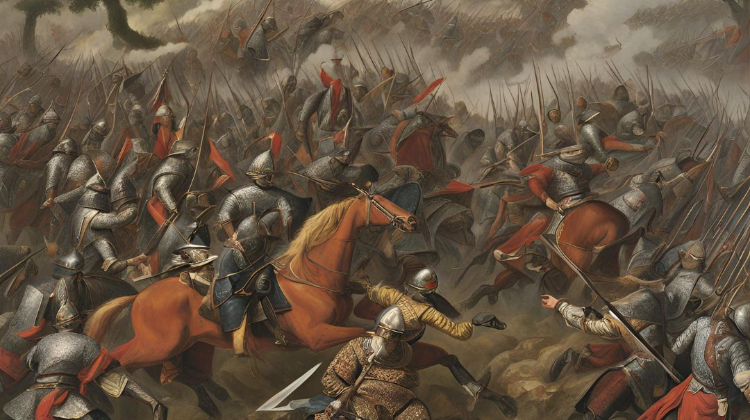
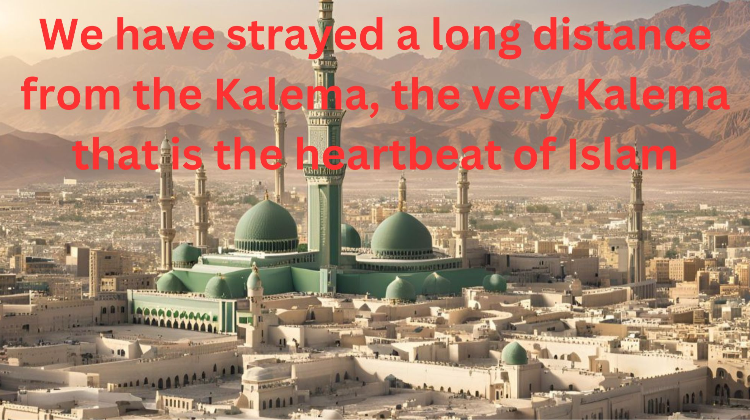
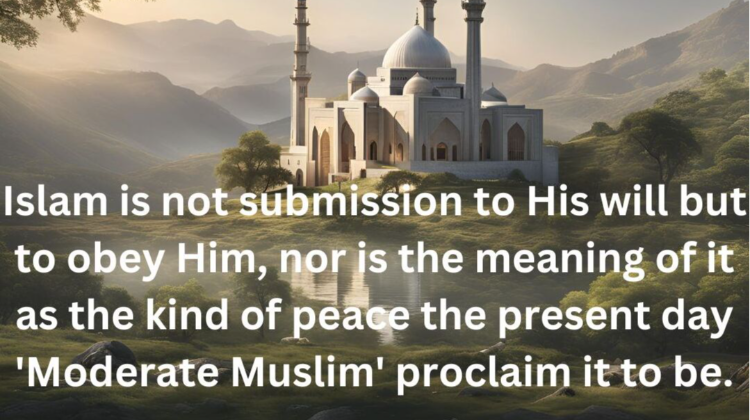

Leave a Comment